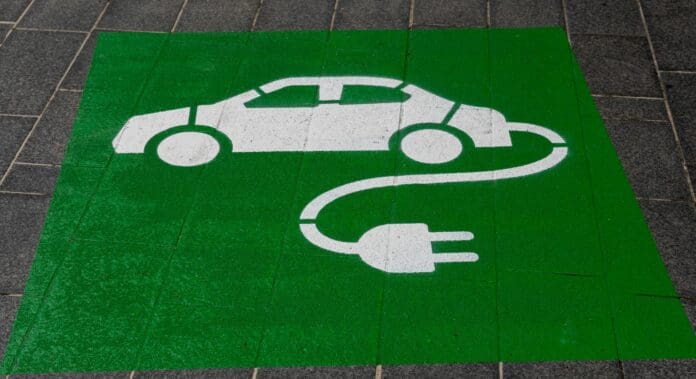This post is also available in:
 עברית (Hebrew)
עברית (Hebrew)
A South Korean tech company by the name of Deogam, has introduced a revolutionary system designed to enhance the energy efficiency of electric vehicles (EVs). The company’s new technology, known as EnerShift, recycles electricity generated during vehicle operation, boosting the driving range of EVs by up to 10%. This breakthrough could significantly reduce charging costs and carbon emissions, marking a notable step forward in the EV industry’s journey toward sustainability.
Deogam’s CEO, Kim Jin-wook, presented the technology at the Global Media Meet-up held at the AVING News MIK Basecamp in Seoul. He explained that EnerShift captures electromagnetic waves produced during an EV’s operation and converts them into usable electricity. The technology is poised to first roll out in electric taxis before expanding to a broader range of electrified vehicles and industries, potentially reshaping the energy landscape.
The current challenge for EVs lies in the energy conversion process. Batteries supply power to the vehicle, but the conversion of direct current (DC) from the battery into alternating current (AC) required for the vehicle’s motor generates heat and harmonic waves, which results in energy loss. According to Interesting Engineering, Deogam’s system addresses this issue by using a toroid-shaped energy core to capture these electromagnetic waves and transform them back into electricity. The system also incorporates a Buck & Boost converter, enabling stable energy conversion even when power fluctuations occur.
Internal testing has shown that the system recovers about 18% of the energy lost to harmonics during vehicle operation, which directly contributes to the 10% increase in driving range. According to Interesting Engineering, If this technology were implemented in the estimated 14 million electric vehicles currently on the roads, it could save around 3.57 million megawatt-hours of energy annually—roughly the output of 10 nuclear power plants. In addition, the system could reduce 6,700 tons of CO2 emissions per year, equivalent to planting 1.2 million palm trees.
Kim also highlighted that the system could be installed in EVs for an estimated cost of $1,000, with owners expected to recoup this investment within 18 months due to savings on energy costs. Looking forward, Deogam aims to enhance the system further, targeting a total driving range improvement of 15% and plans to work with leading EV manufacturers to incorporate the technology into future models.
Deogam will showcase this innovative system at CES 2025 in Las Vegas, where it will present its potential to revolutionize the EV market and contribute to a greener, more sustainable future.


























